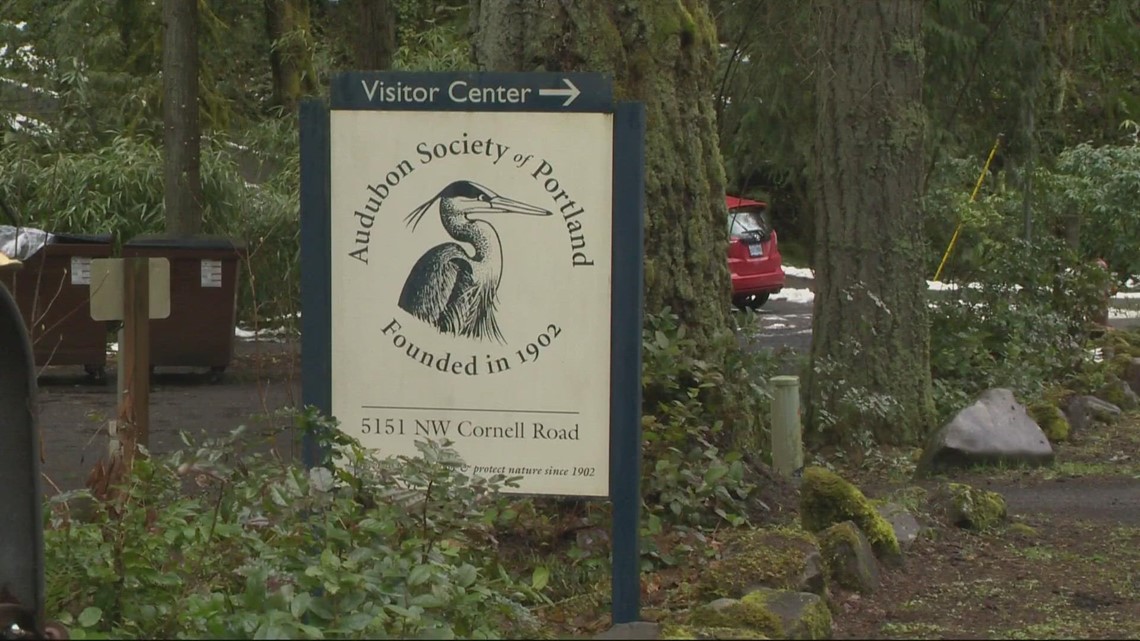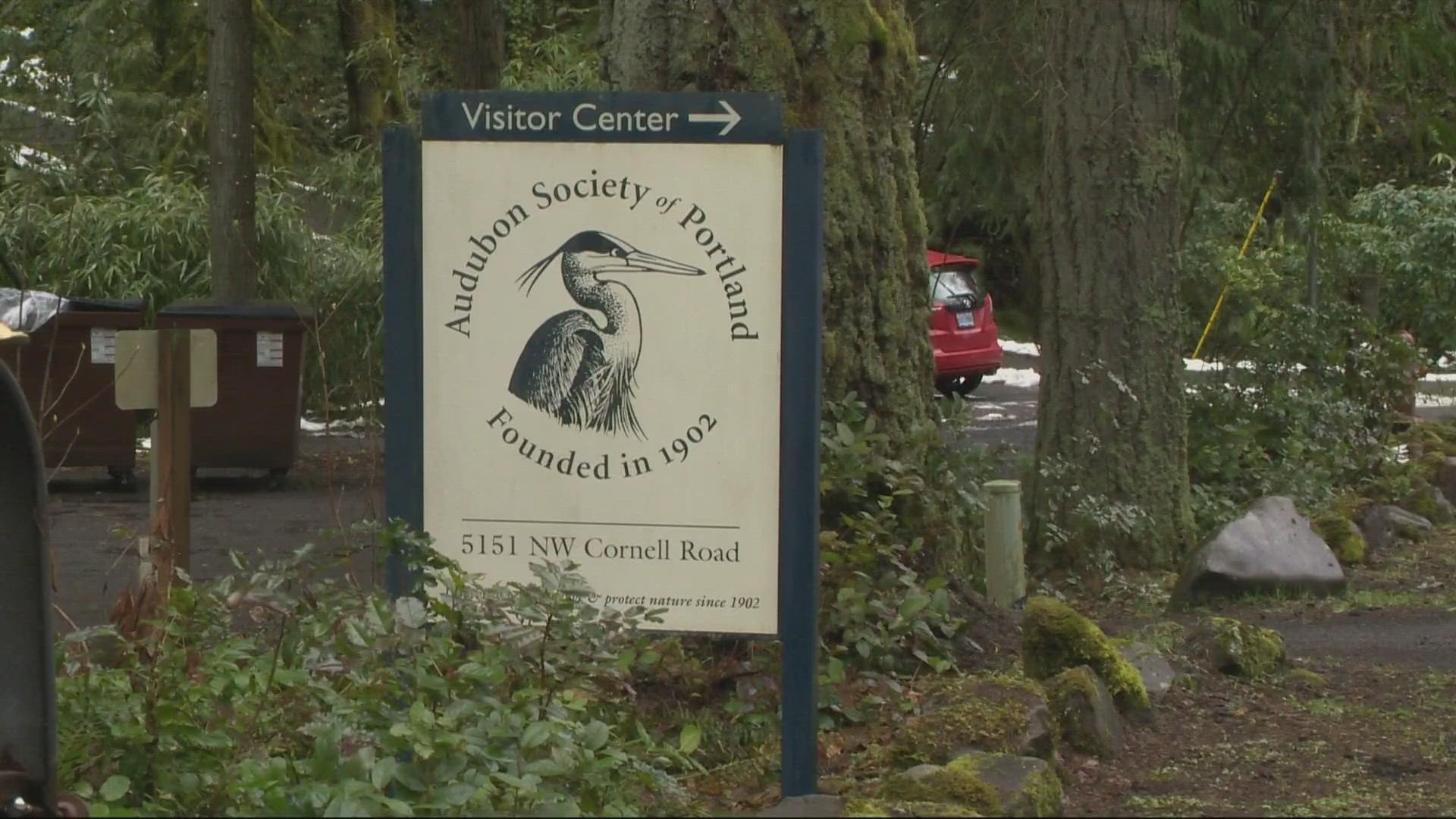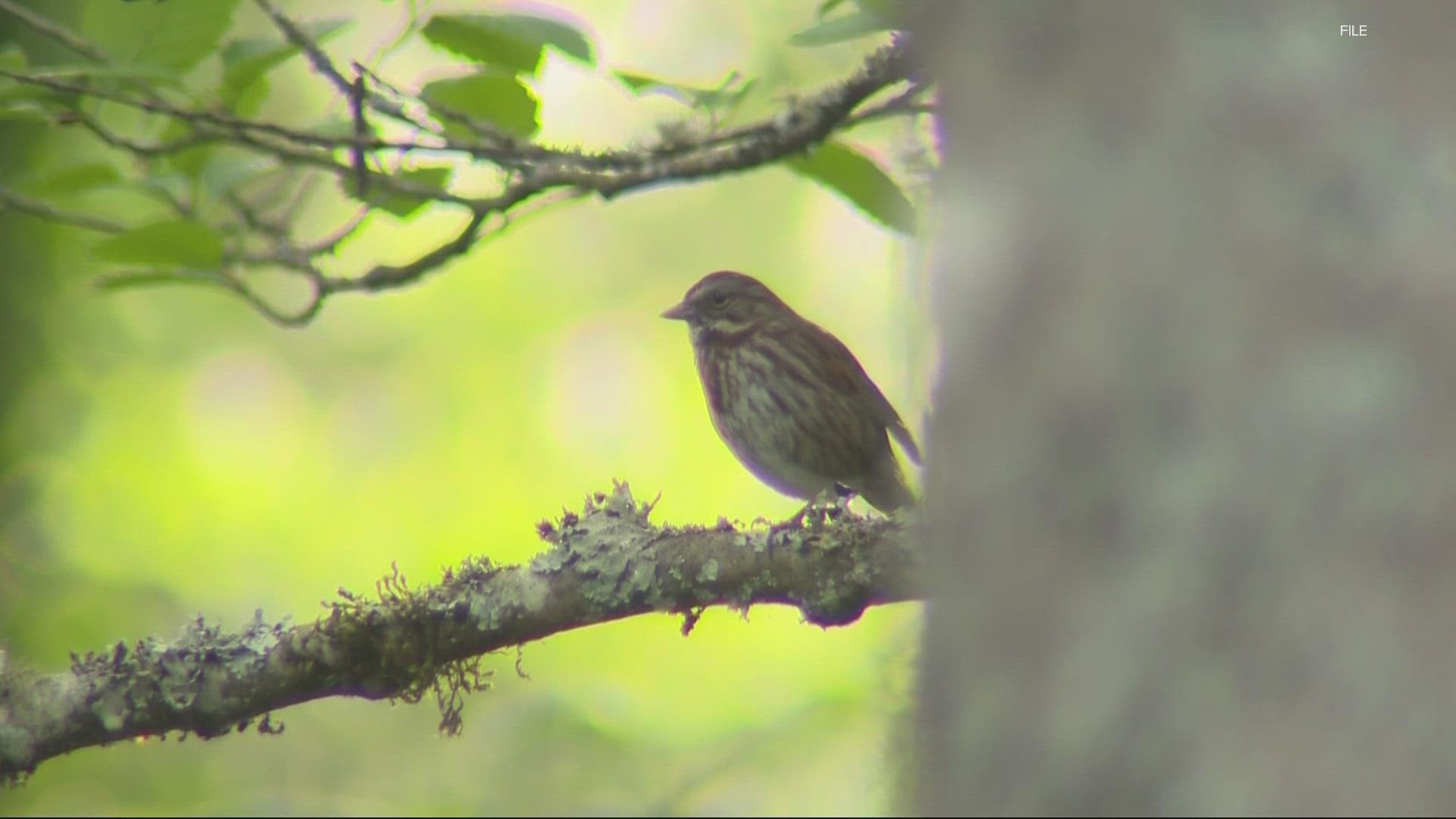PORTLAND, Ore. —
When we think of birds, there’s probably one name that comes to mind ahead of all others: Audubon.
Named for John James Audubon, the Audubon Society, both the national organization and the roughly 400 local chapters around the country, have gained a reputation for environmental conservation.
Audubon the man was hailed in his time as a pioneer, a visionary and a gifted artist as he set out to paint every bird in North America.
But that’s only half the story, according to Stuart Wells, executive director of the Portland Audubon chapter.
“What's not as commonly known is that he was also a slave trader and was staunchly against any abolitionist movements,” Wells said. “He dug up Native American graves and sold their skulls to folks that were trying to show that there was a difference in the skull structure of Indigenous people and that made them inferior to white people.”
Given that racist history, Wells said it was imperative for the Portland chapter to change its name.
“His beliefs are inconsistent with us as an organization as we move forward with our commitment to diversity and inclusion,” he said. “It's important to actually walk the walk.”
The Portland Audubon is widely known in the region for the work it does caring for injured birds, protecting wildlife habitat and advocating for environmental conservation.
And that’s important because birds are often what Wells called an “indicator species.” When environmental changes occur, birds are often some of the first species to show signs of trouble.
Through their work, Portland Audubon has strived to forge connections between people and nature, which has become increasingly important as environmental threats — from development, habitat loss and climate change — have become more pronounced.
“The more people know about what it is that an animal needs to survive in its habitat, the least likely they'll condone something that impacts their ability to do so,” Wells said.
But given that the Pacific Northwest is majority white, there can often be additional challenges for people of color seeking to connect with their environment, Wells said.
“Enjoying nature and understanding nature and being out in nature, there's been a historical barrier against people of color for doing that,” he said.
And that’s why the actions of Audubon the man do not line up with Audubon as an organization.
“His beliefs are inconsistent with us as an organization moving forward with our commitment to diversity and inclusion,” Wells said.
Wells said he was not discounting the contributions of Audubon the man to the fields of ornithology and conservation, but sharing a name with a man whose racist history is indisputable was no longer tenable.
“A lot of folks might say, 'well, this is something that happened so many years ago. How does that play a role now?’” Wells said. “There is still racial inequity in this country. Some of those things that happened years ago have an impact now on people of color, specifically Black people.”
Wells said many of the other local chapters, and the National Audubon Society, are also considering a name change and the Portland organization will wait to see what they decide on so that they can all be consistent.


But, while the names on the signs may change, Wells said the mission will remain the same.
“Even as we go through this rebranding process, our work, our legacy of conservation, hasn't changed, and it will continue to go forward,” he said.


